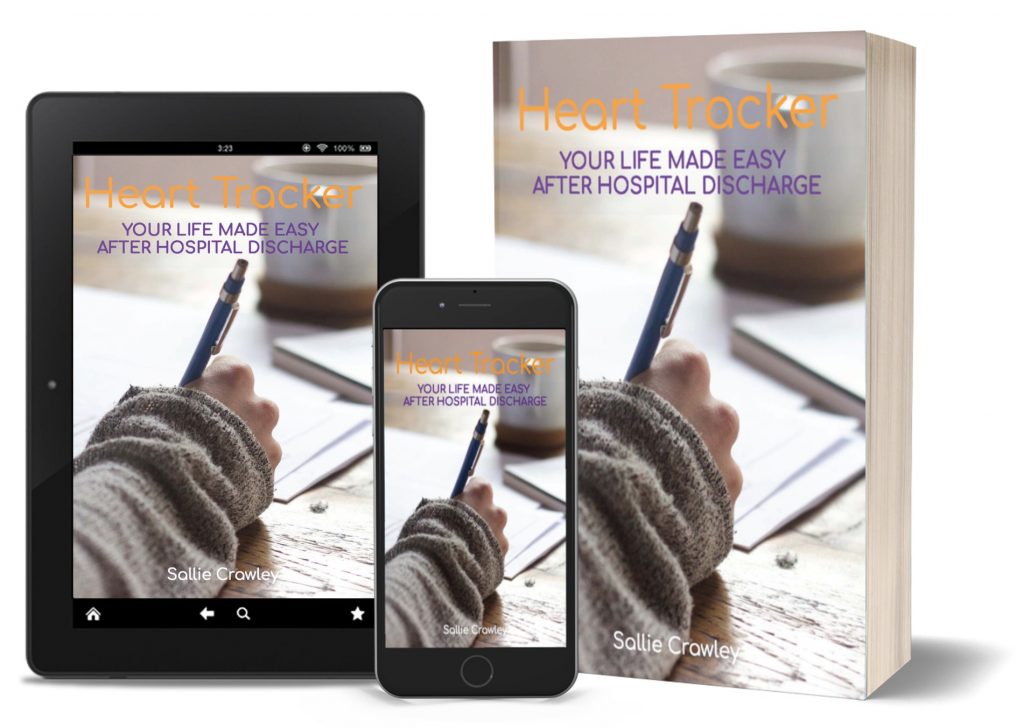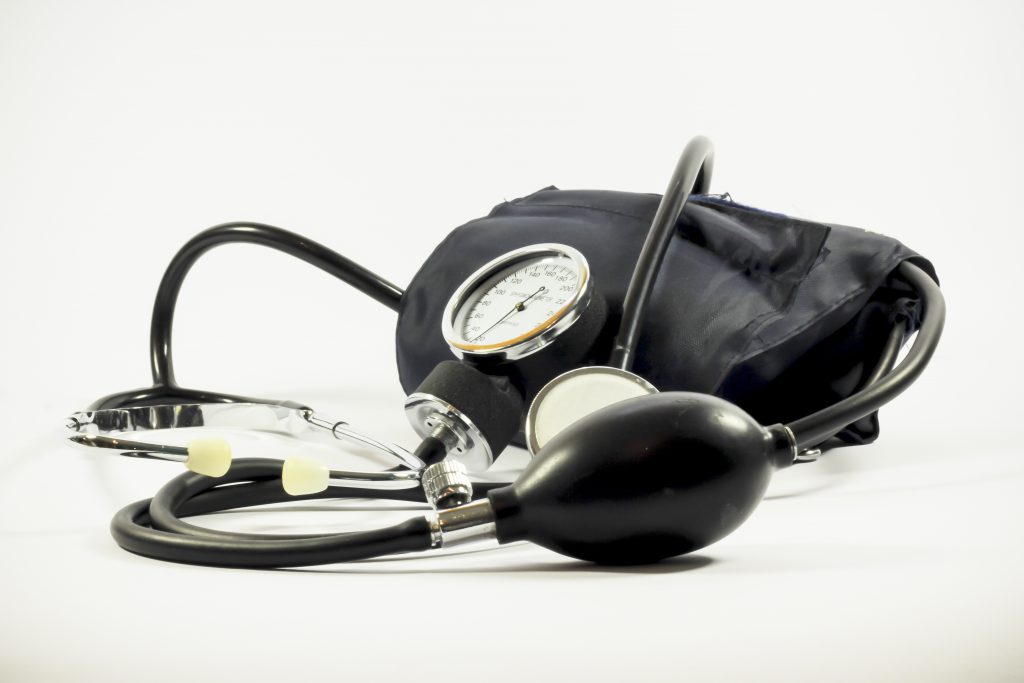A silent killer, an invisible disease!
High blood pressure is silent as there are no obvious symptoms and often you aren’t aware that you have it as there are no particular symptoms. It isn’t until damage starts to happen that it is noticed, although luckily nowadays we have our blood pressure taken routinely at the doctor’s if we go for a visit.
It is invisible as no one knows you are suffering from it, and it takes determination, motivation and having to make lifestyle changes to keep yourself well.
According to the World Heart Federation, there are at least 970 million people worldwide who have hypertension (high blood pressure). The World Health Organization states high blood pressure as one of the most important causes of premature death worldwide and the problem isn’t going away.
What is blood pressure?
A blood pressure reading consists of two numbers that are shown as one number on top of another. The pressure is measured in millimetres of mercury (mmHg). If your blood pressure reading is 120/80 mmHg, it is often referred to as “120 over 80”.
The number on top (or said first) is the highest level that your blood pressure reaches when your heart contracts as it pumps blood through your arteries. This is known as your systolic pressure. The bottom number (or said second) represents the lowest level your blood pressure reaches as your heart relaxes between beats. This is your diastolic pressure.
What is high blood pressure?
Hypertension or high blood pressure simply means that your blood pressure is constantly higher than medical practitioners recommend. Your doctor will be able to advise you on what the ideal blood pressure is for you.
How does high blood pressure affect your heart?
High blood pressure is a risk factor for coronary heart disease and the single most important risk factor for stroke.
Having constantly high blood pressure puts stress on your heart by making it pump harder to push blood out to the body. It adds pressure on your blood vessels causing them to clog or weaken. It can lead to hardening and atherosclerosis. It can cause the narrowing of the blood vessels making it more like to block blood clots or fatty material breaking loose from the lining of the blood vessel wall. Weakened places in the arteries can rupture easily or have thin spots that balloon out the artery wall resulting in an aneurysm.
Elevated blood pressure in people less than 50 years old is associated with an increased cardiovascular risk. As you get older, your systolic blood pressure becomes a more important predictor of the risk of cardiovascular disease.
The higher your blood pressure, the higher your risk!
High blood pressure can affect your body in a number of ways, causing a heart attack and possibly heart failure. It is a leading cause of strokes and has also been closely linked to some forms of dementia. High blood pressure can cause kidney disease and peripheral arterial disease, which can affect your legs.
So what causes high blood pressure?
This can be many, either from genes or the environment, in the body’s normal functions including changes to kidney fluid and salt balances, sympathetic nervous system (responsible for fight or flight), and blood vessel structure and function.
Some of the factors are not within our ability to change. Such as the structure and function of our blood vessels and genetics.
But other elements can definitely be influenced by our behaviour. Whilst we know that they are within our realms of control it isn’t always easy to do what is best for you.
Here are my recommendations to help you, help yourself, to lower your blood pressure:
- Medication, take it regularly and make sure you don’t run out
- Healthy eating, you know when you are not!
- Reduce salt in your diet
- Quit smoking
- Cut down on alcohol
- Exercise regularly
- Learn to relax and sleep well
- Get yourself a home blood pressure monitoring machine
- Self-hypnosis
Taking responsibility
The best way you can protect yourself against high blood pressure is by being aware of the risks and making changes that matter. Start today; think about what changes you can make from the list above. If you need help with any of them don’t be afraid to ask. It takes a strong person to identify that they need help and to be able to ask for it.
I would love to get to know you better, come and join me over at the My Heart & Mind Community on Facebook. If you would like to track your blood pressure, heart rate, and oxygen levels. Then get your free heart tracker download here today. Stay on track and feel safe.


